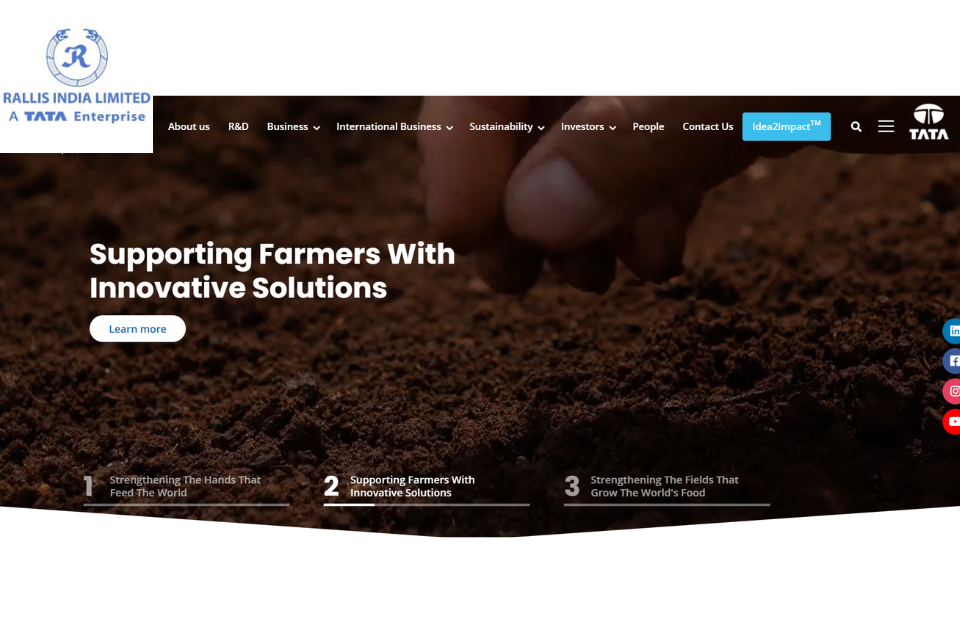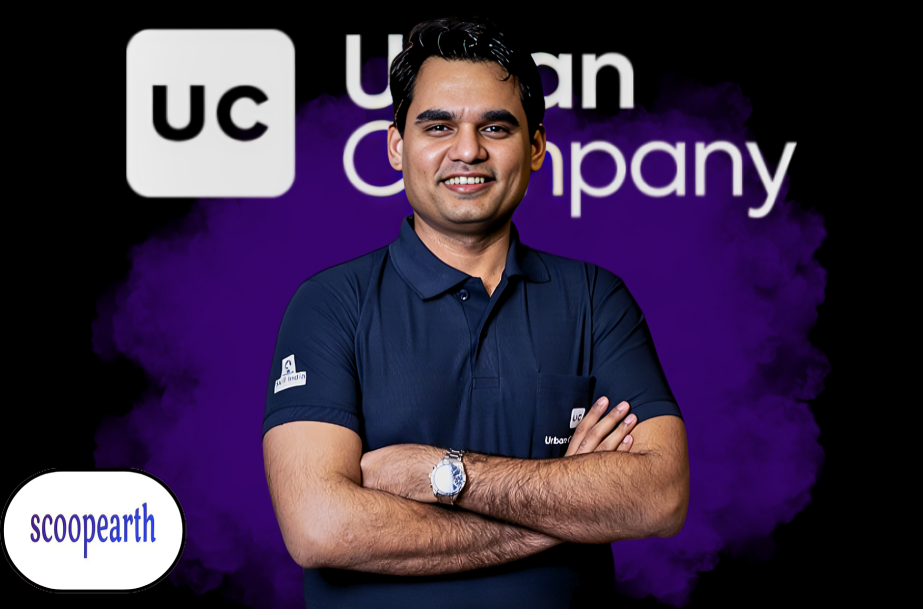Hyundai unveiled a ₹477K crore global investment plan aimed at transforming mobility by 2030

SUMMARY
Hyundai Motor Company has announced a ₹477K crore (KRW 77.3 trillion) global investment strategy that will transform mobility by 2030. The strategy announced by the company on its 2025 CEO Investor Day in New York, the first such event outside of Korea, establishes India as the core of Hyundai’s next-generation electric vehicle (EV) and technology roadmap. Hyundai is an ambitious company with a vision to electrify its portfolio, go global in manufacturing, and dominate the software-based innovation, and India has been a key element in its quest to become the leader in mobility.
Hyundai’s global vision and product expansion
India is no longer a mere high-volume market to Hyundai, but it has become the cornerstone of its global plan. The company is dedicated to India, as evidenced that the first localized EV to suit Indian buyers will be launched. Such a step not only serves the needs of the region but it builds on the increasing capabilities of India in the production and establishment of the supply chain of EVs.
The export facility in Pune will ensure that Hyundai is a major global production center with the capacity of 250,000 units annually. The previous research and development, and plant expansion investments, have already provided successful models such as the Creta and the Venue. Electrification and software integration are now the priorities, and India is a place of manufacturing and innovation.
Hyundai envisions selling 5.55 million vehicles worldwide by 2030, of which 60 percent of the total sales are electrified vehicles, or 3.3 million units. This aggressive onslaught involves the release of 18 hybrid models and a comprehensive battery electric car (BEV) range. This expansion will directly benefit India, and it will have a strong supply chain to cater to both domestic and export markets.
The Hyundai product roadmap involves the introduction of the IONIQ 3 in Europe and China-specific vehicles. The locally developed EV will meet exotic driving conditions and the expectations of customers in India. The firm is also planning to launch Extended Range EVs (EREVs) in 2027 that will have more than 960 kilometers per charge. These cars will be powered by in-house battery technologies to provide high performance at reduced battery pack sizes, resolving issues of range anxiety and affordability.
Shareholders and investment strategy
The Hyundai investment strategy plans extensive upgrades to its manufacturing presence around the world. The second Hyundai Motor Group Metaplant America (HMGMA) in Georgia will be supported by a USD 2.7 billion investment and the creation of 3,000 new positions, adding 200,000 units of production capacity by 2028. Hyundai has a global agenda to expand its production by 1.2 million crafts with the Pune plant in India contributing significantly.
The ₹477K crore investment strategy at Hyundai covers four major segments from 2026 to 2030. KRW 38.3 trillion, the largest share, is designated to capital spending, such as plant renovation, automation, and robots. KRW 30.9 trillion will be invested in research and development to develop products and battery technology, as well as develop software.
The investments of KRW 8.1 trillion will be strategic to enable the tech partnerships, localization, and artificial intelligence programs. Moreover, KRW 15.3 trillion will be allocated to the expansion of Hyundai activities in the United States, especially Metaplant and the corresponding production capacities.
This diversified investment plan is an indication that Hyundai is dedicated to developing a future-proof business framework. The company wants to spearhead the new wave of automobile change by ensuring that it balances hardware growth with software development.
Hyundai projects a stable increase in revenue of 5-6% per year, with a projected 7-8% in profit margins by 2027 and 8-9% by 2030. The projections are that hybrid and premium Genesis models should contribute to the growth of the margins, with the cost efficiencies and product differentiation supporting the suggestions.
The shareholder return policy of the company is also ambitious. Hyundai will pay total returns of more than 35% of dividends and buybacks, with a minimum dividend of KRW 10,000 per share. This also shows that the company has confidence in its long-term plan and that it will reward the trust of its investors.
Conclusion
The ₹477K crore global investment strategy by Hyundai Motor is not just a financial obligation but a plan for the future of mobility. As India is a key market in EV development, production, and research, the nation will become a transformer for Hyundai on the path of electrification and technological dominance. The combination of localized production, high-level technologies, and global scale is an excellent prospect of sustainable growth, which Hyundai has integrated. For India, this implies employment opportunities, hi-tech products, and a first-mover position in the mobility revolution.
Note: We at scoopearth take our ethics very seriously. More information about it can be found here.
















